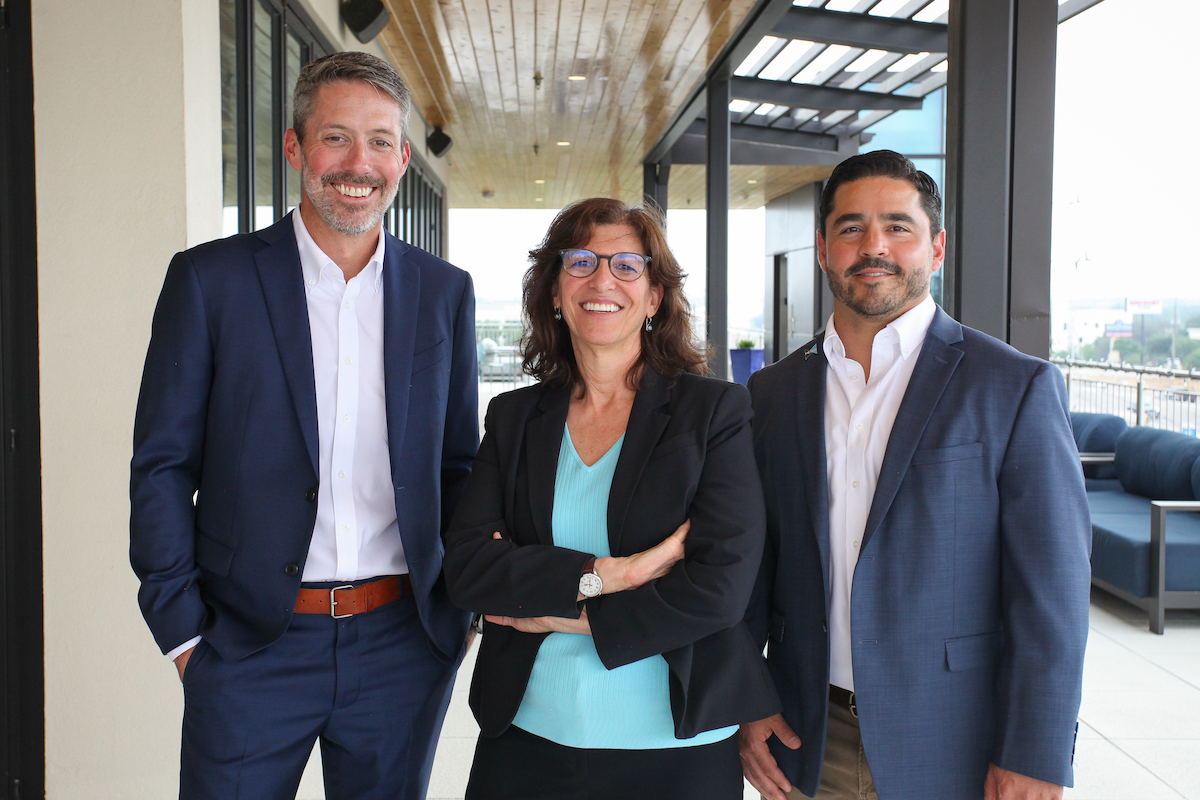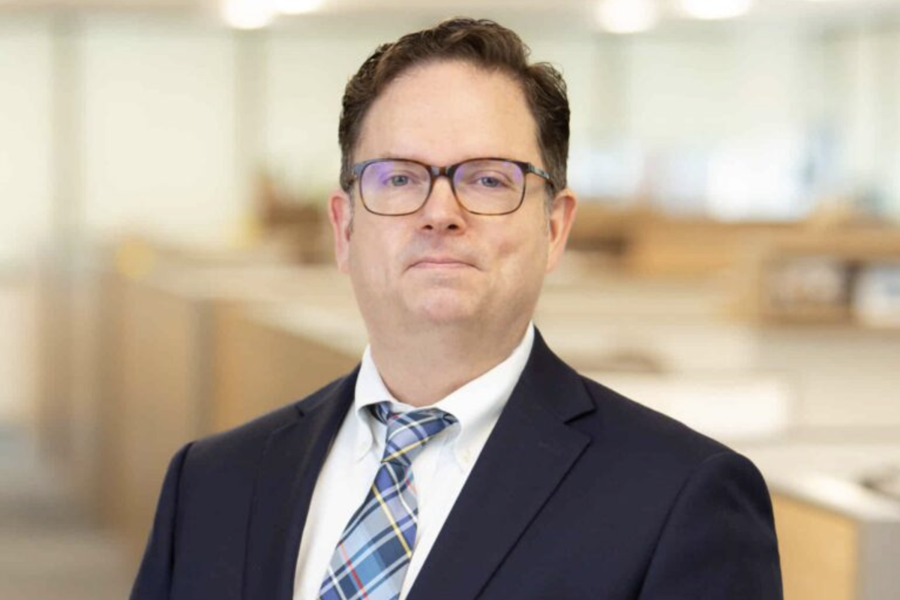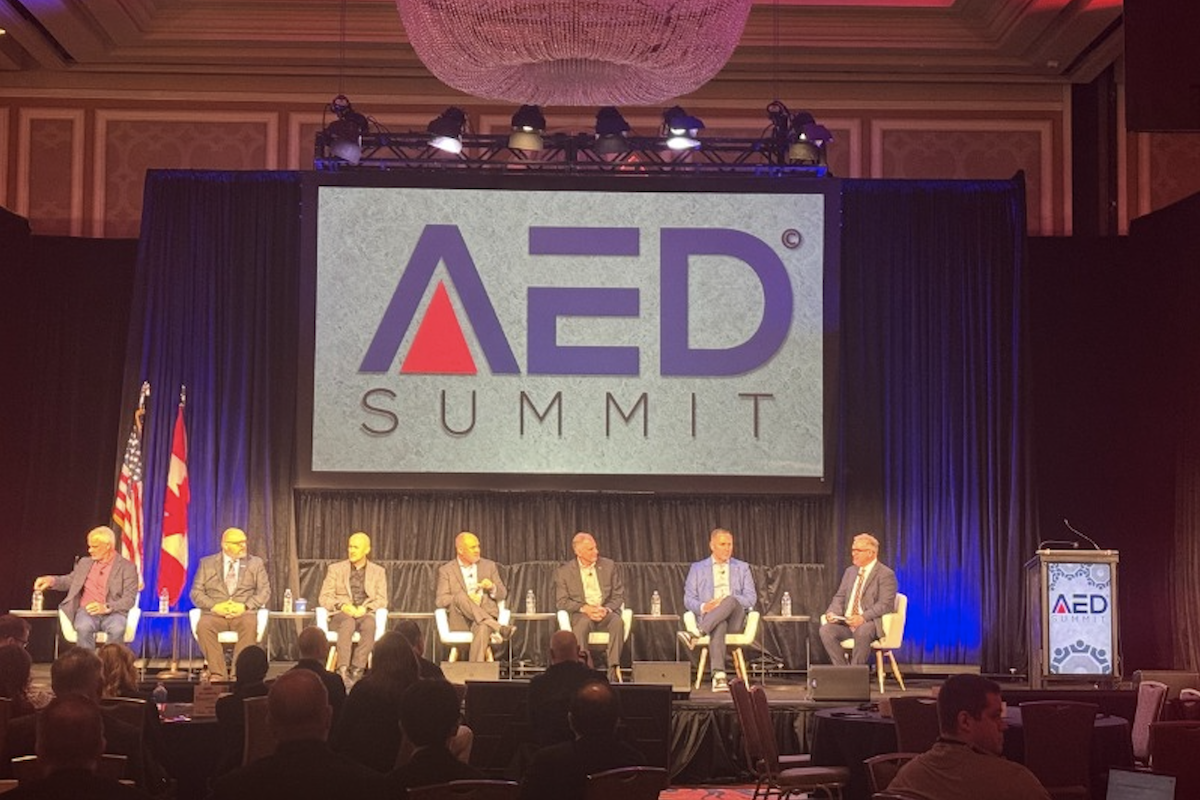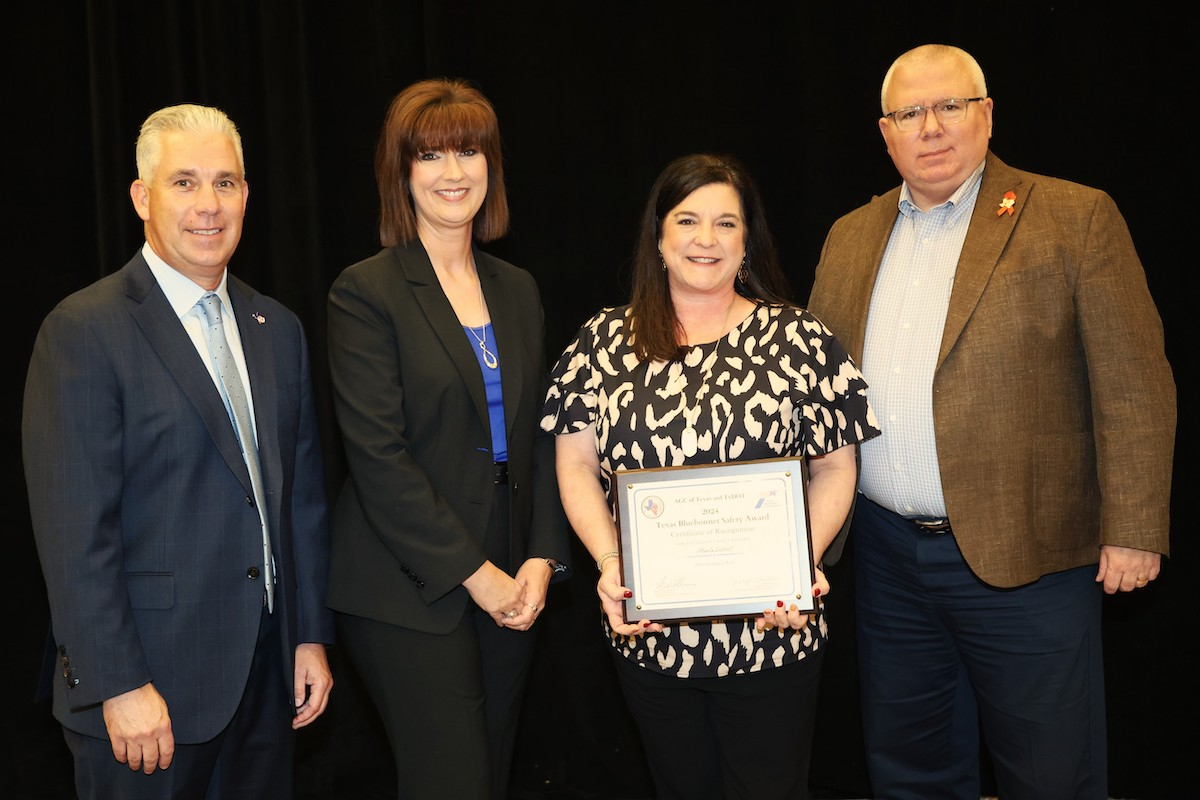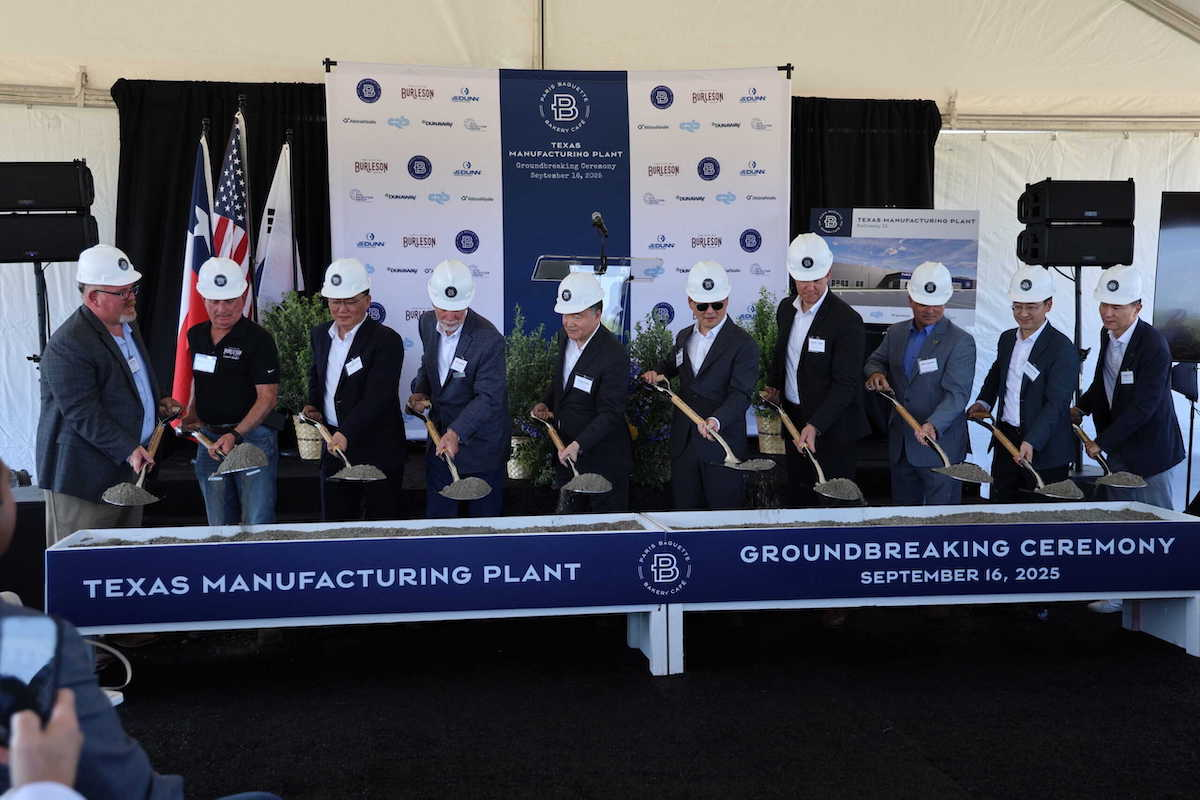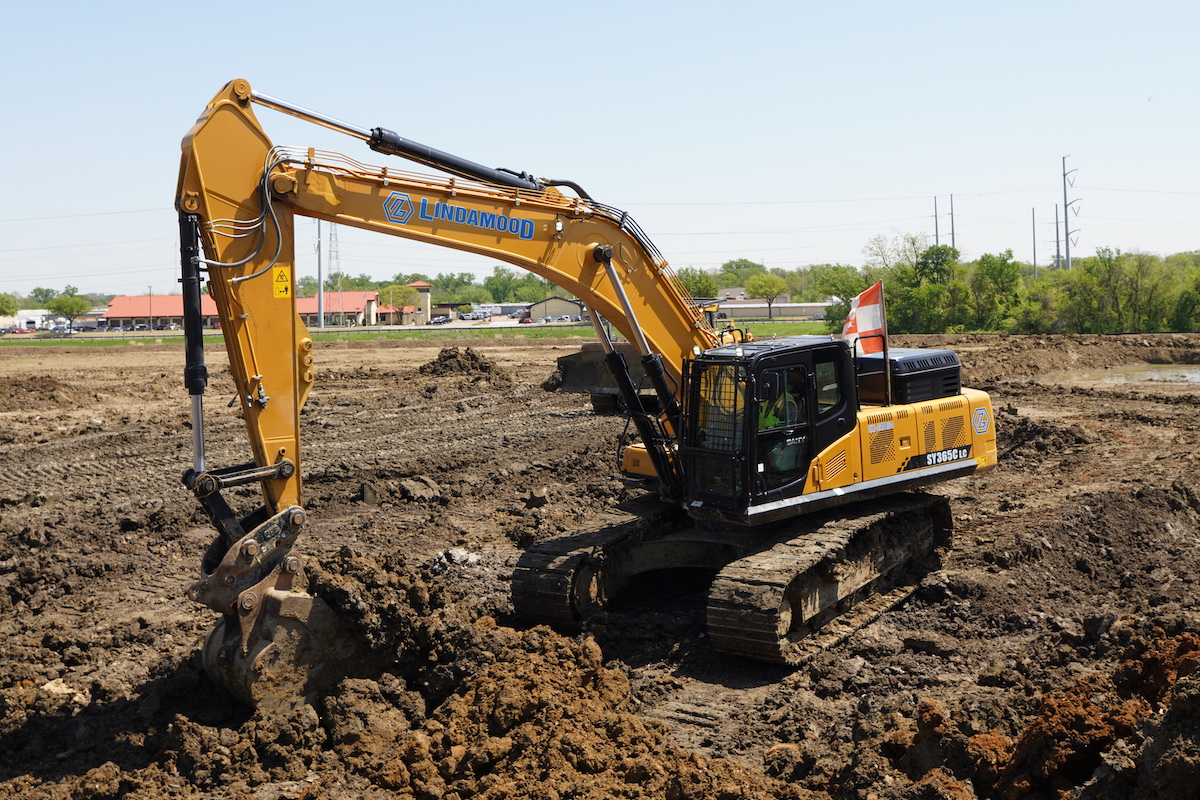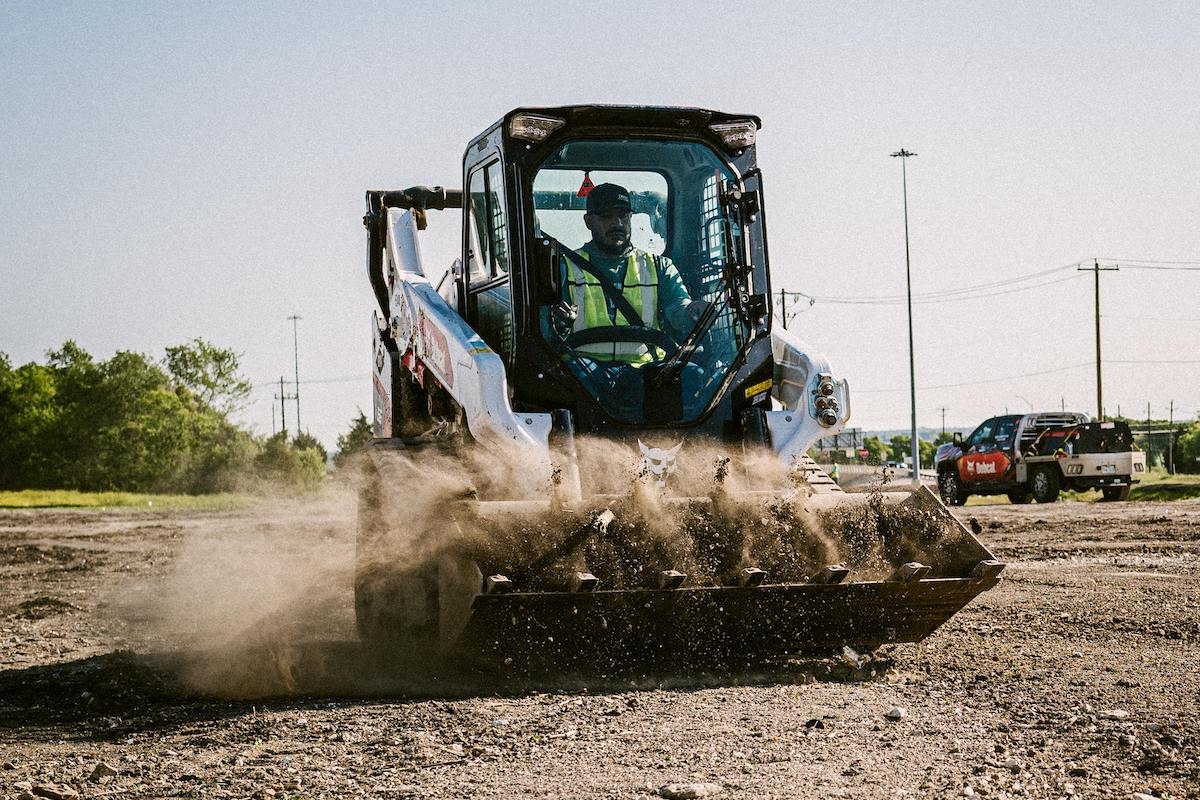The project was plagued with systemic issues: noncompliance with safety standards, neglect of equipment, inadequate site cleanup, and a toxic work environment where employees felt unsupported and demoralized. Bowman couldn’t retaliate, fire the site foreman, or rely on a budget. With 75 employees at stake — and minimal support from higher-ups — the odds seemed stacked against him.
Bowman didn’t resort to blame or intimidation. Instead, he prioritized collaboration, empathy, and accountability. He outlined his principles succinctly: an unwavering commitment to seeing everyone succeed, active listening, shared decision-making, a focus on solutions rather than finger-pointing, and leading by example by getting his hands dirty alongside his team. Bowman maintained a positive demeanor even in the face of setbacks, recognizing that his attitude not only shaped his own success but also influenced the morale of those around him.
Through Bowman’s methodical efforts, the project saw a remarkable turnaround. Compliance and safety standards were met, equipment was properly maintained, and site cleanup improved significantly. In addition, employee morale, productivity, and client satisfaction reached new heights.
Bowman’s keynote served as a reminder that effective leadership is not about authority or hierarchy; it’s about influence and impact. By leading from the middle, he exemplified how leaders can drive meaningful change by empowering those around them, fostering a culture of trust and accountability, and maintaining a focus on shared goals.

| Your local Link Belt dealer |
|---|
| Central Texas Equipment |
| Nueces Power Equipment |
During the discussion, Brian McKinney, CEO of Gayanga Co., underscored the pressing issue of workforce dynamics. “We’re in an industry with amazing, talented professionals, and as they get older there aren’t as many young people to fill those roles,” he said. “How do we engage them?”
McKinney highlighted the importance of understanding their preferences, emphasizing quality of life, and work-life balance.
Drew Lammers, Vice President of Outside Operations at Cohen USA, echoed McKinney’s sentiments and emphasized the need for consistent safety training — not just at work but also in employees’ personal lives — to prevent accidents and ensure continuity in the workforce.
“The majority of accidents happen at home, not in our workplace, because we do such a good job of training and putting good stuff in their head,” Lammers said. “But as soon as they get in their truck and go home, they don’t think about it.”
LaJuan Counts, Director of the Construction and Demolition Department in the City of Detroit, brought a unique perspective as a departmental owner. She emphasized the dual responsibility of ensuring job sustainability while upholding public trust. Her department’s mandate to "work themselves out of work" necessitates strategic planning to transition employees post-project while prioritizing public safety and trust.
Kerry Nazario, Vice President of Operations at Target Contractors LLC, highlighted the importance of adaptability in a rapidly evolving industry. As conditions change, preparedness and effective communication become critical. Ensuring teams are well-equipped to identify and respond to changes is imperative for project success.
Michael Rutt, Superintendent at Remedial Construction Services, L.P., emphasized that success in the demolition industry hinges on effective teamwork and communication. He also stressed the importance of timing in operations, cautioning against rushing processes to avoid complications.
Panelists acknowledged the role of technology in streamlining processes and enhancing efficiency. McKinney advocated for the adoption of artificial intelligence and business intelligence to automate tasks and improve decision-making. The panel emphasized the need for a collaborative approach, sharing best practices and lessons learned to drive industry-wide improvement.
Bridging the gap between generations and attracting younger talent emerged as a recurring theme. Counts emphasized the importance of exposure and community engagement to showcase demolition as a viable career path, particularly to underrepresented demographics. Panelists emphasized the need for mentorship programs and incentivization to retain talent.
Raymond Passeno, recipient of the 2024 Lifetime Achievement Award, reminisced on the collaborative efforts that transformed the association. Reflecting on his term from 2009 to 2011, Passeno highlighted the unity between vendors and members.
John Weber, president from 1982 to 1983, recounted the association's early struggles with asbestos regulations.
“Within the first two years of our organization, we got a surprise when the Environmental Protection Agency (EPA) came up with all the asbestos regulations and started issuing citations to demolition contractors for not removing asbestos,” he recalled. “One of the board members, John Adamo from Detroit, was cited and came to the board and was like ‘What do we do?’ The board decided to take care of the legal fees for him to not pay the fine and claim not guilty. The first cases were lost but appealed, and the Supreme Court took on Adamo Wrecking Co. v. United States and ruled in our favor. Adamo beat the U.S. EPA.”
From there, the association worked on a long-term plan.
“The government doesn’t like getting beat, but Bill Baker (NDA’s first Executive Director), being the kind of guy who would rather get along than fight, started working with the government agencies for the benefit of all our members,” Weber continued. “We got an OSHA grant that allowed us to pay for the first-ever demolition safety manual.”
Despite those successes, “It costs a lot of money to sue all the way to the Supreme Court, so we were broke after only existing for two years,” Weber said. “At the convention like this, we passed the hat. The members contributed what they could to keep us going to the next convention where we could make enough money to move forward. It was about a three-year process of legal battles.”
Don Rachel, who led the association from 2011 to 2013, emphasized NDA's transition from reactive to proactive engagement. With a strengthened lobbying presence, the association now anticipates challenges and advocates for industry interests.
“There’s been a lot of change since this organization started,” Rachel said. “We’re out lobbying to cut things off before they happen. We’re in a better position than when we started.”





















